
A visit and symposium were held at Minsic Semiconductor by the Ministry of Education Vice Minister, Mr. Weng Tiehui, and his delegation.
On the afternoon of the 16th, Deputy Minister of Education, Ong Tiehui, led a team to Suzhou for a special investigation into the status of integrated circuit industry talent, understanding the actual needs of the industry for talent, and providing guidance on university subject and professional settings, enrollment structure, etc. Yang Xudong, Deputy Director-General of the Ministry of Industry and Information Technology, relevant experts from Tsinghua University's School of Integrated Circuits and Fudan University's School of Microelectronics, Su Chunhai, Deputy Secretary of the Jiangsu Provincial Committee of the Education Work Committee, Ji Jing, Deputy Mayor of Suzhou, leaders from relevant provincial and municipal departments, and enterprise representatives attended the investigation and symposium at the Minsin headquarters. Li Gang, founder and chairman of Minsin, Zhang Chenliang, deputy general manager, and Bai Dequan, director of human resources, received the leaders and experts and participated in the symposium.
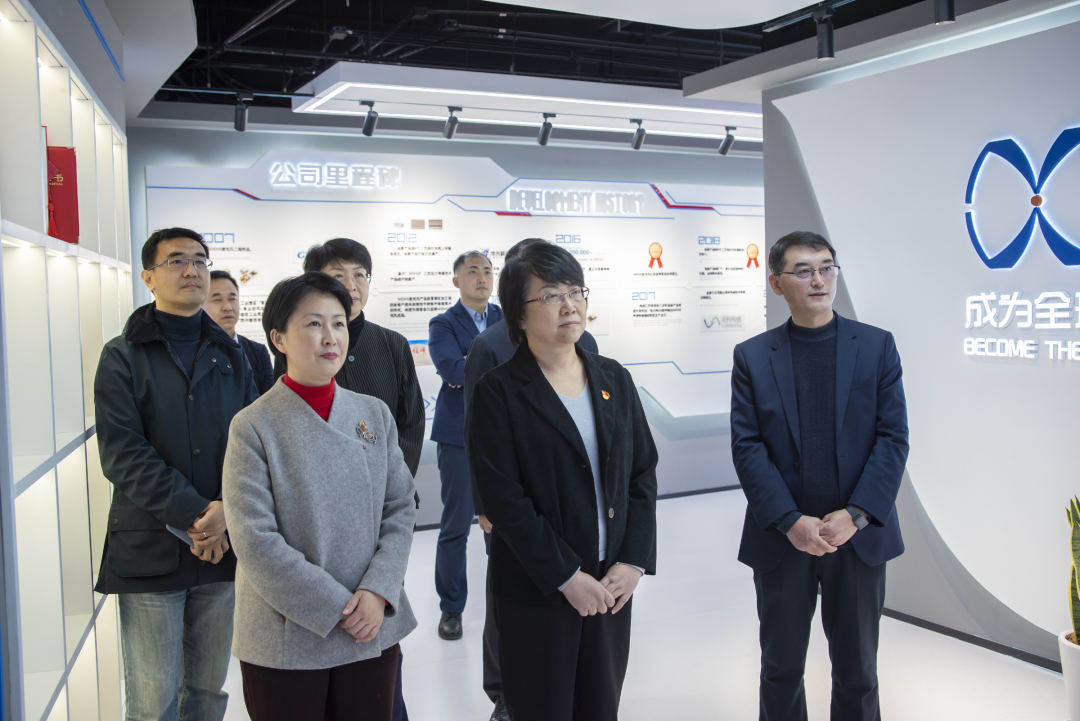
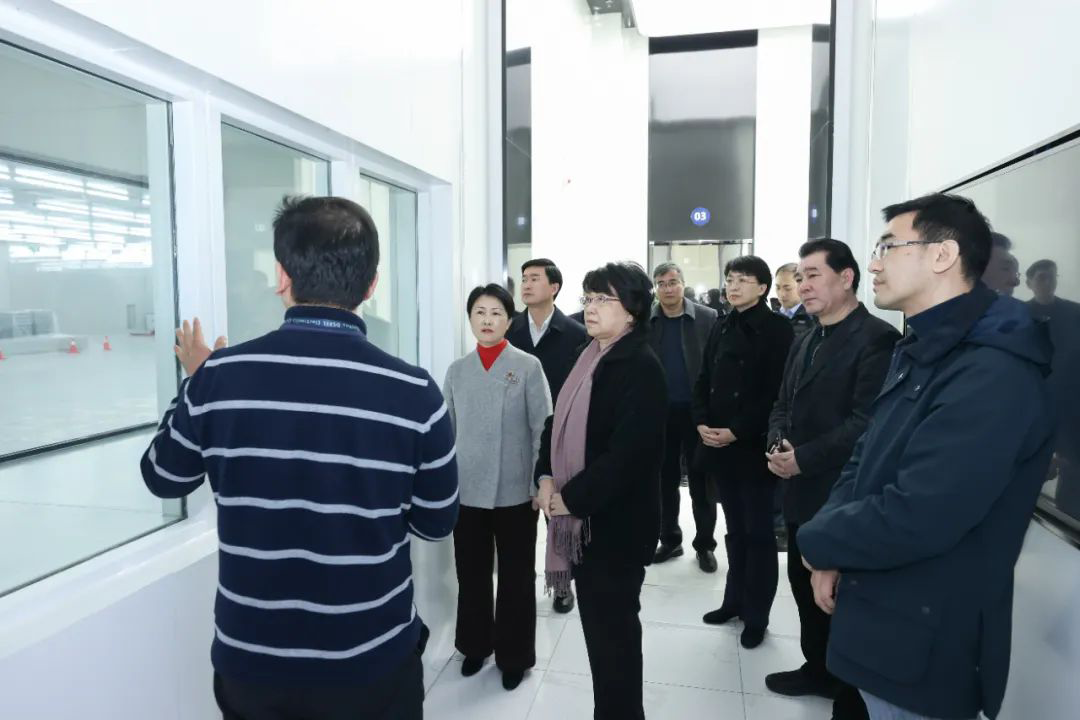
Deputy Minister Ong Tiehui's team visited Minsin for investigation and research.
“Minsin was established in the park in 2007, and in the same year, it completed the engineering samples of MEMS microphones. In 2012, it completed the domestic supply chain integration of silicon microphones and transformed from a chip provider to a finished product provider. In 2016, our cumulative shipments exceeded 100 million units! In 2018, it exceeded 500 million units, rising to fourth place globally! Minsin is committed to building China's MEMS technology platform enterprise…” Deputy General Manager Zhang Chenliang recounted the company's development history and core technological achievements in detail to the investigation team.
Deputy Minister Ong Tiehui fully affirmed Minsin's efforts in fully integrating industry chain resources, actively building a sensor category matrix, and promoting the development of high-performance MEMS sensors, and encouraged the company to continue to uphold the spirit of self-reliance and innovation, continue to leverage its industry chain and innovation advantages, and create sensor products with international competitive advantages.
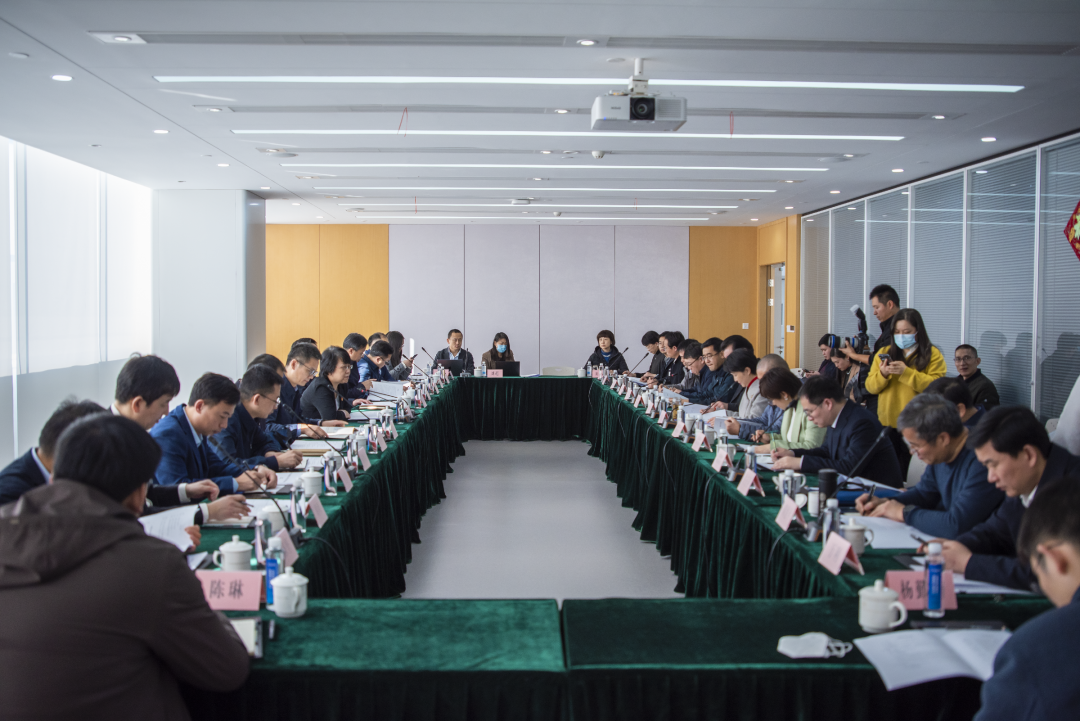
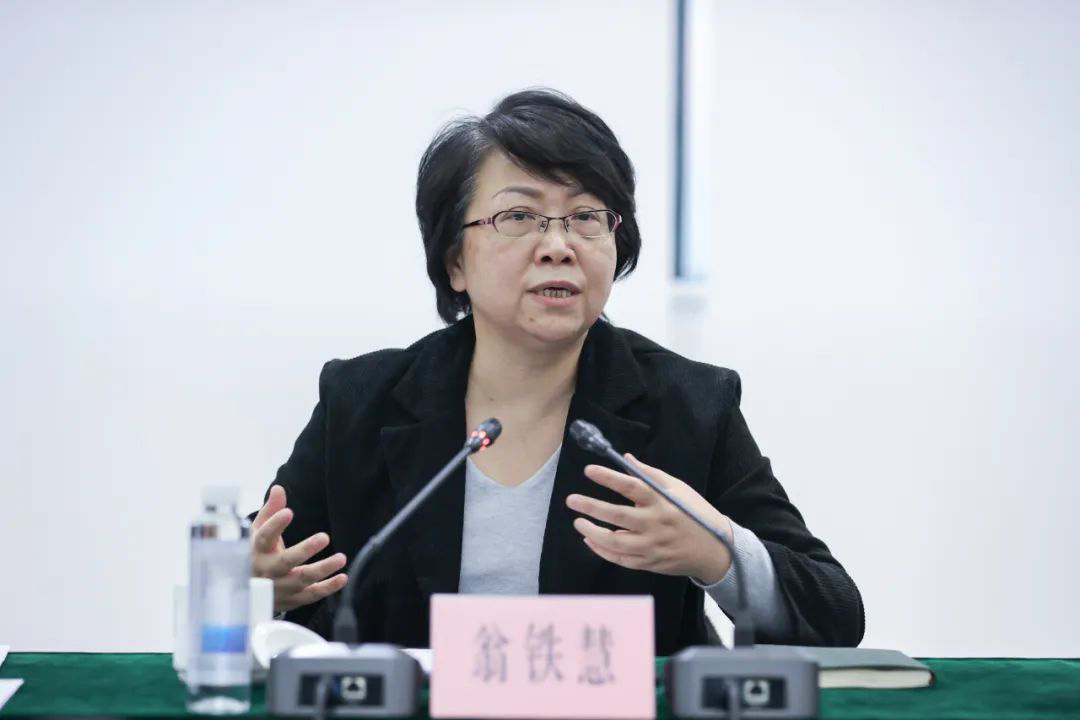
During the investigation, Ong Tiehui presided over a symposium, carefully listening to the opinions of industry experts from seven companies: Suzhou Minsin Microelectronics Technology Co., Ltd., Suzhou Guoxin Technology Co., Ltd., Jingrui Electronic Materials Co., Ltd., Dugen Core Optoelectronics Technology (Suzhou) Co., Ltd., Jiangsu Changdian Technology Co., Ltd., Jiangsu Weidao Nanotechnology Co., Ltd., and Wuxi Huarun Microelectronics Co., Ltd. and engaged in in-depth exchanges.
Ong Tiehui pointed out that cultivating professional talents to meet the needs of the integrated circuit industry requires in-depth cooperation between universities and enterprises, working together to promote the integration of industry, academia, research, and application to achieve core technological innovation and industrial transformation and upgrading. She emphasized the need to further explore innovative models of university-enterprise cooperation, and to explore a "dual-mentor system" in the field of cultivating high-end applied talents. The education department can carry out precise matching around the needs of enterprises in terms of professional master's and doctoral training; further develop industry-university cooperation, where employers can work with universities to formulate training plans and jointly carry out talent cultivation, promoting reforms in university talent cultivation models; and further leverage the geographical advantages of the Yangtze River Delta region to continuously enhance its attractiveness and cohesion for talent.
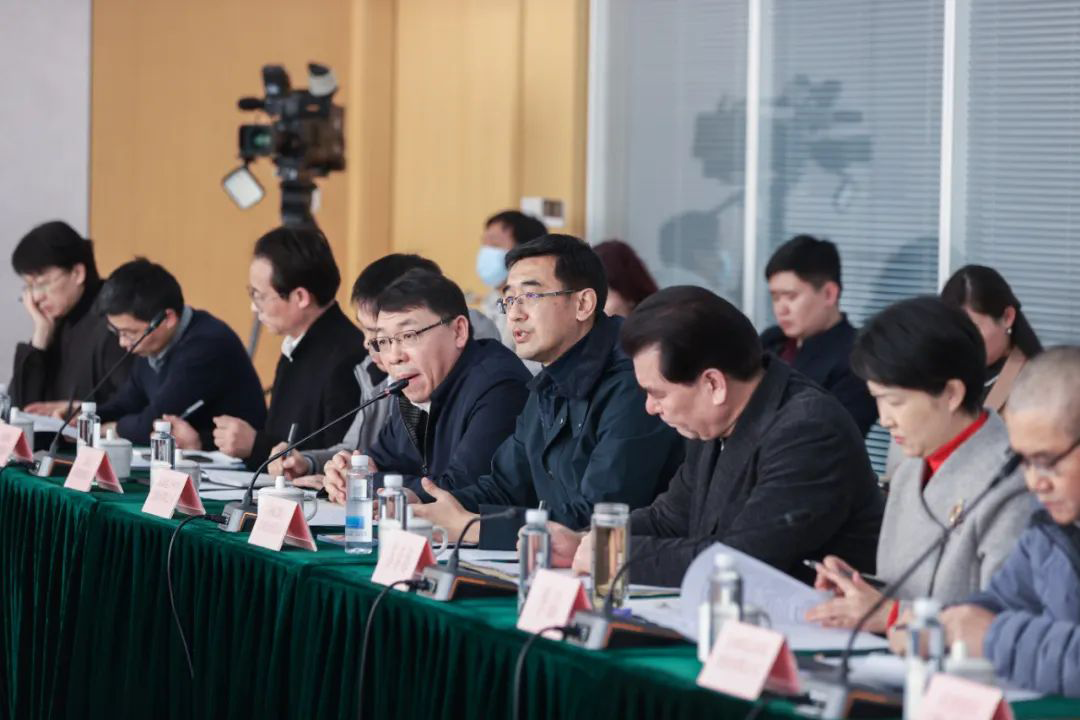
Chairman Li Gang stated, MEMS is a niche field with broad prospects, with a unique process orientation and highly customized characteristics. There are few specialized students, and cross-professional training takes a long time. It is hoped that universities will design more MEMS-related courses and increase the amount of practical coursework. Minsin will also further strengthen innovation cooperation with universities, expand the supply of excellent skilled talents, and contribute to the development of China's MEMS industry.
At the symposium, government leaders, scholars, experts, and enterprise representatives spoke freely, expressing their views and reaching a consensus. They conducted in-depth analysis of various issues and put forward many valuable and insightful opinions and suggestions, discussing how to promote "talent support" as the source of power for the development of China's integrated circuit industry.
